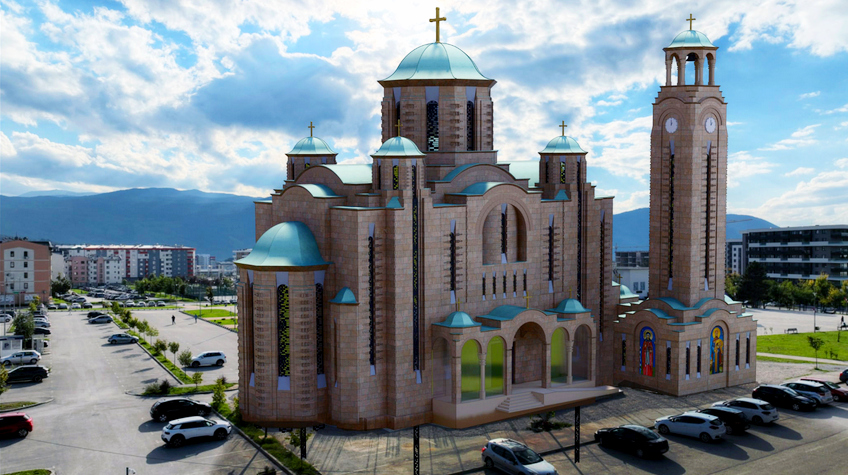ASTRONOMICAL EARNINGS: NEW RECORD SALARY IN THE REPUBLIC OF SRPSKA
An employee in East New Sarajevo, working in wholesale of tobacco products, earned 246,506 BAM in one month. This is the highest reported individual net income from employment in the Republic of Srpska for the first nine months of this year, as stated to "Nezavisne novine" by the Tax Administration of the Republic of Srpska.
Considering that the average salary in Srpska in August was 1,411 BAM, this employee received the equivalent of 174 such salaries.
In second place on the list of the top five highest net incomes is an employee from Kotor Varoš, who works in footwear manufacturing and was paid 197,026 BAM.
- An employee from Banja Luka, engaged in other financial activities, specifically brokerage, took third place with a salary of 117,158 BAM, noted the Tax Administration of Srpska.
Among the top five salaries for the first nine months is also the salary of 109,516 BAM, earned by another Banja Luka resident working in financial brokerage.
- Rounding out the top five highest net incomes is another Banja Luka resident employed in wholesale trade of mining and construction machinery, with a monthly salary of 100,414 BAM, concluded the Tax Administration of Srpska.
Siniša Pepić, a doctor of economic diplomacy, emphasized that data on the highest monthly salaries in the Republic of Srpska highlight several significant aspects of the economic structure and labor market dynamics.
- First, the fact that the highest salary was paid in the wholesale tobacco sector can be linked to the high profit margins in this industry, as well as to specific positions that carry significant financial risk and responsibility, hence they are appropriately rewarded. On the other hand, it is interesting that the salary in the footwear manufacturing sector is close to these record amounts, which indicates the possibility of specific contracts or bonuses tied to business results or global contracts that companies in this sector may secure, Pepić said.
He added that having individuals who earn high amounts of money can certainly be seen as a positive signal.
- This indicates the presence of economic sectors in the Republic of Srpska that generate significant revenues and create high-paying positions. Such examples can attract foreign investors and stimulate further economic development, but it is important that this prosperity spreads evenly across different industries and social layers so that the positive effects of high salaries are visible to a broader population, Pepić noted.
He also pointed out that this data raises the issue of wage structure in Srpska, where the majority of employees are far from earning such high incomes.
- It is necessary to work on reducing economic inequality, ensuring a fairer distribution of wealth by supporting small and medium enterprises, innovation, and education. If there is no systemic encouragement for the development of other sectors and jobs that offer opportunities for a dignified life, such extremes in salaries can lead to social tensions and a heightened sense of inequality, Pepić said.
Milenko Stanić, an economist, stated that such high salaries are not acceptable for any society, even in a market economy.
- Such high salary payments are certainly not related to work and productivity in these companies, Stanić said, adding that he assumes these workers are employed in owner-operated companies.













